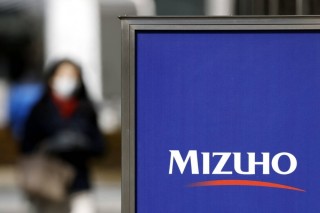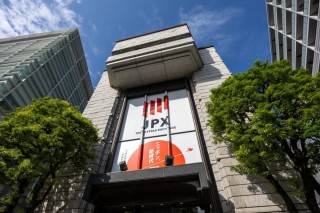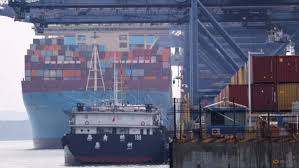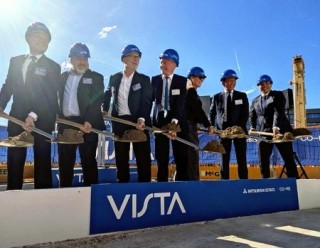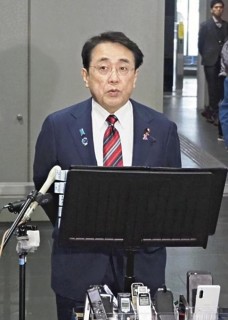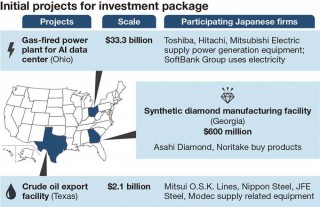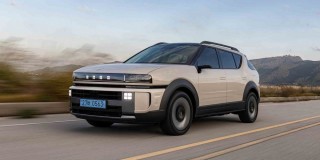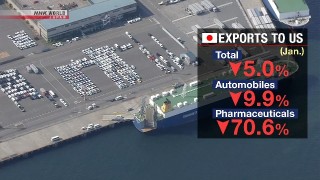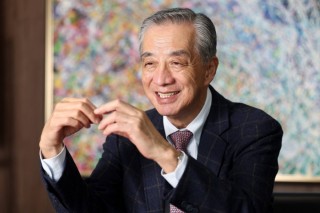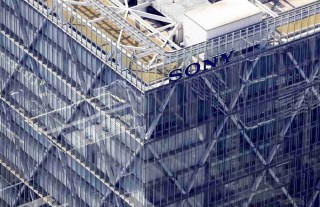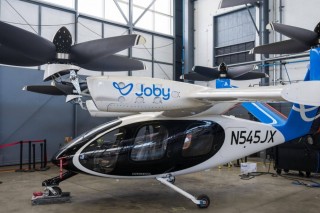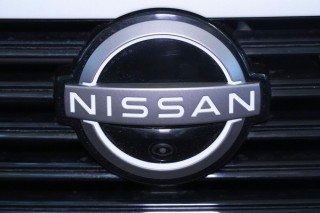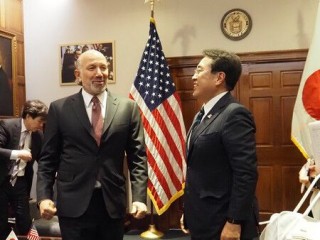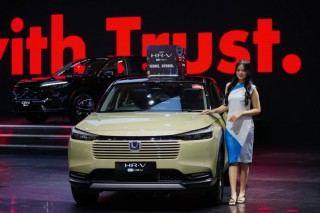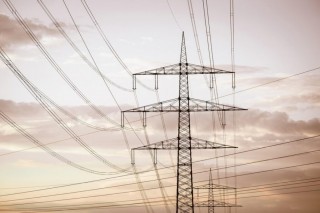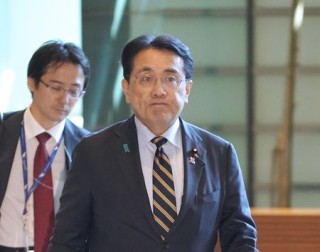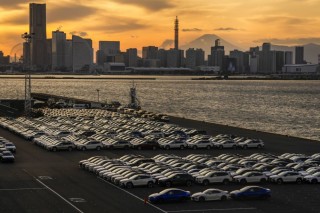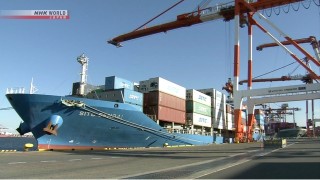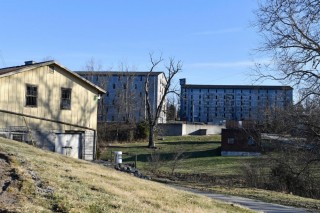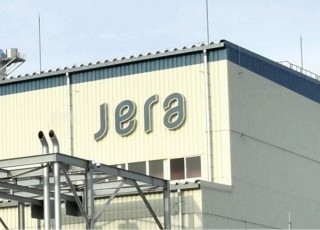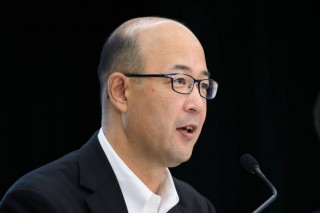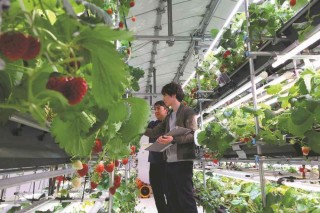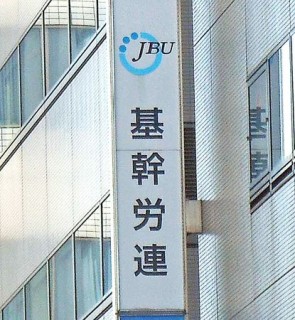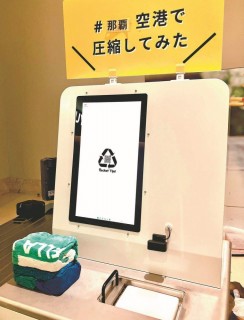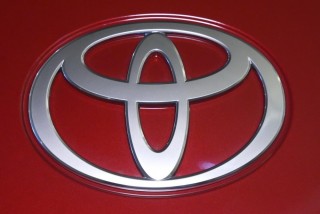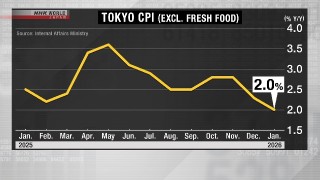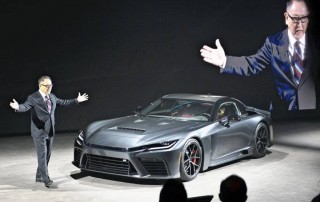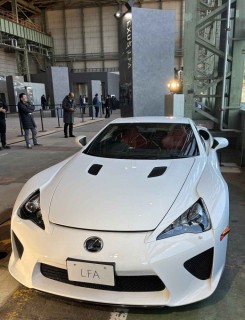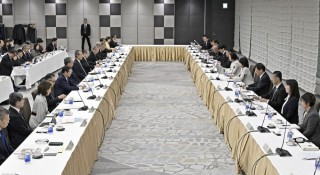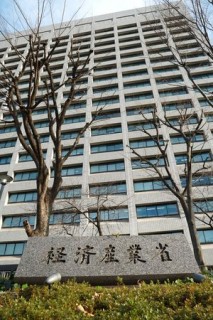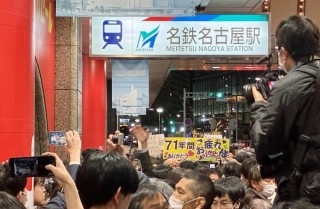
JAPAN TIMES
The main store of Meitetsu Department Store, a landmark at Nagoya Station in central Japan for over 71 years, closed permanently on Saturday.
The closure is part of a redevelopment plan for the Nagoya Station area, led by the department store operator's parent company, Nagoya Railroad.
But it is uncertain when the store building will be demolished and a new building erected, as the redevelopment plan was put on hold last December after a prospective contractor decided not to bid for the project, citing difficulties securing workers. The delay is expected to pose a drag to efforts to revitalize the area surrounding the station.
The Meitetsu Department Store main store opened in December 1954 and served as the core of the commercial area near Nagoya Station. However, the store struggled with declining business, with sales falling from ¥79.3 billion ($511 million) in 2000 to ¥37.6 billion in 2024.
"Thank you very much for your long-time patronage," president Hitoshi Ishikawa said at the closing ceremony.
Following the closure, the operator will consider opening some shops on the lower floors of the building. Nagoya Railroad has said it plans to outline the direction of the redevelopment plan in fiscal 2026.
]]>The closure is part of a redevelopment plan for the Nagoya Station area, led by the department store operator's parent company, Nagoya Railroad.
But it is uncertain when the store building will be demolished and a new building erected, as the redevelopment plan was put on hold last December after a prospective contractor decided not to bid for the project, citing difficulties securing workers. The delay is expected to pose a drag to efforts to revitalize the area surrounding the station.
The Meitetsu Department Store main store opened in December 1954 and served as the core of the commercial area near Nagoya Station. However, the store struggled with declining business, with sales falling from ¥79.3 billion ($511 million) in 2000 to ¥37.6 billion in 2024.
"Thank you very much for your long-time patronage," president Hitoshi Ishikawa said at the closing ceremony.
Following the closure, the operator will consider opening some shops on the lower floors of the building. Nagoya Railroad has said it plans to outline the direction of the redevelopment plan in fiscal 2026.
